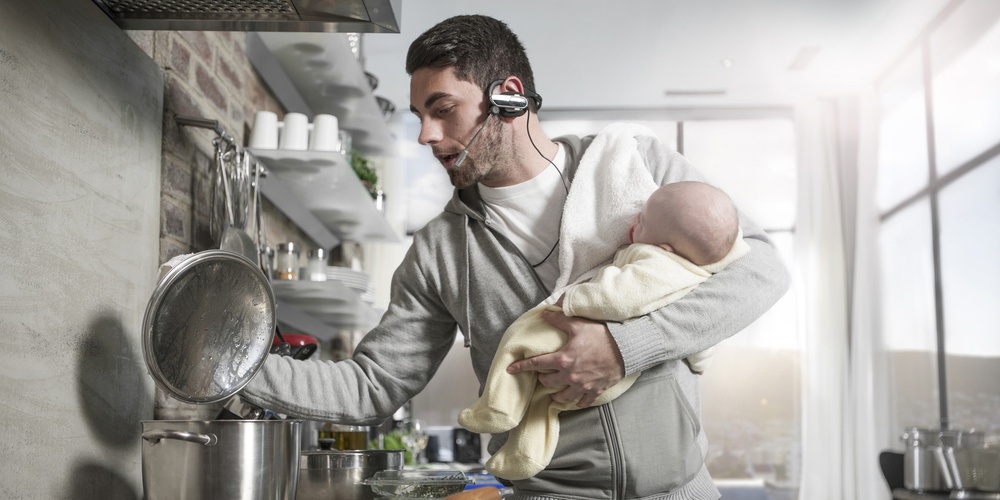Have you ever heard the Roman proverb, “Chasing two rabbits catches none”? That pretty much sums up how ineffective multitasking is. Often perceived as a method to “save time,” the ability to multitask has become a bragging right and even a resume-building skill. Does multitasking really save time, though? The answer is “not really” and here’s why:
The Term “Multitasking” is Actually a Misnomer
Our brains can only allow between five and nine things to enter our short-term memory at once. Items going to long-term memory need to pass the short-term memory gates first. However, in order to do more than one thing at a time, it has to be in the long-term memory bank. This means only simple activities that we do by rote are really the only things we can truly “multitask” at simultaneously.
Things, like folding laundry and watching TV, or talking on the phone while stirring food on the stove, don’t require short-term memory processing and analysis because we’ve done them so many times that our brain sort of coasts on autopilot while the tasks are done.
Think of the last time you believed you were multitasking. Chances are if they weren’t mindless chores, you were actually stopping to switch from one task to another, probably quick enough for you to not notice the transition. You weren’t truly doing more than one thing at a time, despite appearances.
Now Here’s the Multitasking Kicker
The time it takes to pause, switch tasks and reset your brain to focus on the newest task actually wastes more time than if you had taken on a single task and completed it from start to finish before moving on to the next item. Some studies have reported as much as 40% less productivity when you trick yourself into thinking you’re multitasking, and that switching between jobs causes you to lose focus and make more mistakes, also reducing productivity if you have to take corrective action.
While multitasking, you’re really expelling additional mental, and often physical, energy to shift gears, and that’s not healthy. Using too much of your working memory has been shown to cause a decline in imagination and creativity.
That’s not all – a study from the Univerity of London showed that people who try to multitask can actually drop in IQ levels. Don’t underestimate what can qualify as damaging multitasking, either. Turns out people using multiple devices at the same time, like their phone and laptop, or their phone and TV (admit it — you’ve used social media while watching TV at some point) showed less brain density via MRI scan in the areas which control attention and some emotional functions.
Good News! There is a Better Alternative to Multitasking
If you’re looking for ways to really maximize your efforts in a minimal amount of time, some studies have shown that the concept used by computers, called “batch processing”, is the real time-saver. Save up similar tasks like paying bills or responding to emails and do them all in one sitting without switching to any other jobs until you’re finished that batch of similar duties. It may not seem like “multitasking,” but you’ll be doing yourself the favour of saving more time than multitasking, without the negative effects.



